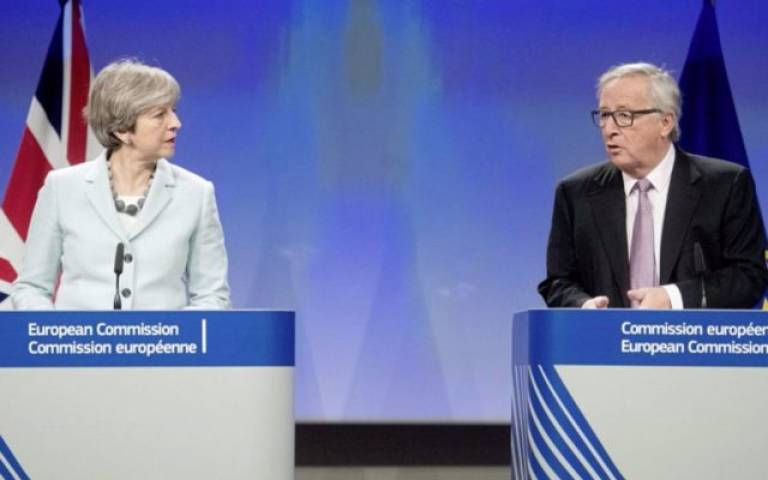Cultures of Negotiation: Explaining Britain’s hard bargaining in the Brexit negotiations
18 September 2018

Cultures of Negotiation: Explaining Britain’s hard bargaining in the Brexit negotiations
Abstract
The Brexit negotiations present a puzzle for scholars of international bargaining, who tend to assume hard bargaining follows from advantages in bargaining power. In spite of its relative weakness vis-à-vis the EU27, however, the UK’s negotiating strategy bears all the hallmarks of hard bargaining. Drawing upon a series of elite interviews conducted in late 2017, this working paper argues that British hard bargaining is a consequence of three ideational factors particular to the UK case: the dominance of a conservative ideology of statecraft, a majoritarian institutional culture, and weak socialisation into European structures. These three factors not only predisposed UK policymakers to favour harder bargaining strategies, ceteris paribus, but also contributed to a misperception that Britain possessed more bargaining power than was actually the case. This paper argues that the UK’s bargaining strategy comes with a high risk of immediate failure, as well as longer term self-harm.
Authors: Dr Benjamin Martill (LSE) and Dr Uta Staiger
Benjamin Martill is a Post-Doctoral Fellow at the Dahrendorf Forum where he focuses on Europe after Brexit. He is based at LSE IDEAS, the London School of Economics’s foreign policy think tank. Dr Uta Staiger is Executive Director of the UCL European Institute and Pro-Vice-Provost (Europe) at UCL.
This is a Dahrendorf Forum Working Paper, which is partially supported by the UCL Laidlaw Scholarship Programme.
Photo by Tiocfaidh ár lá 1916 via creative commons
 Close
Close


